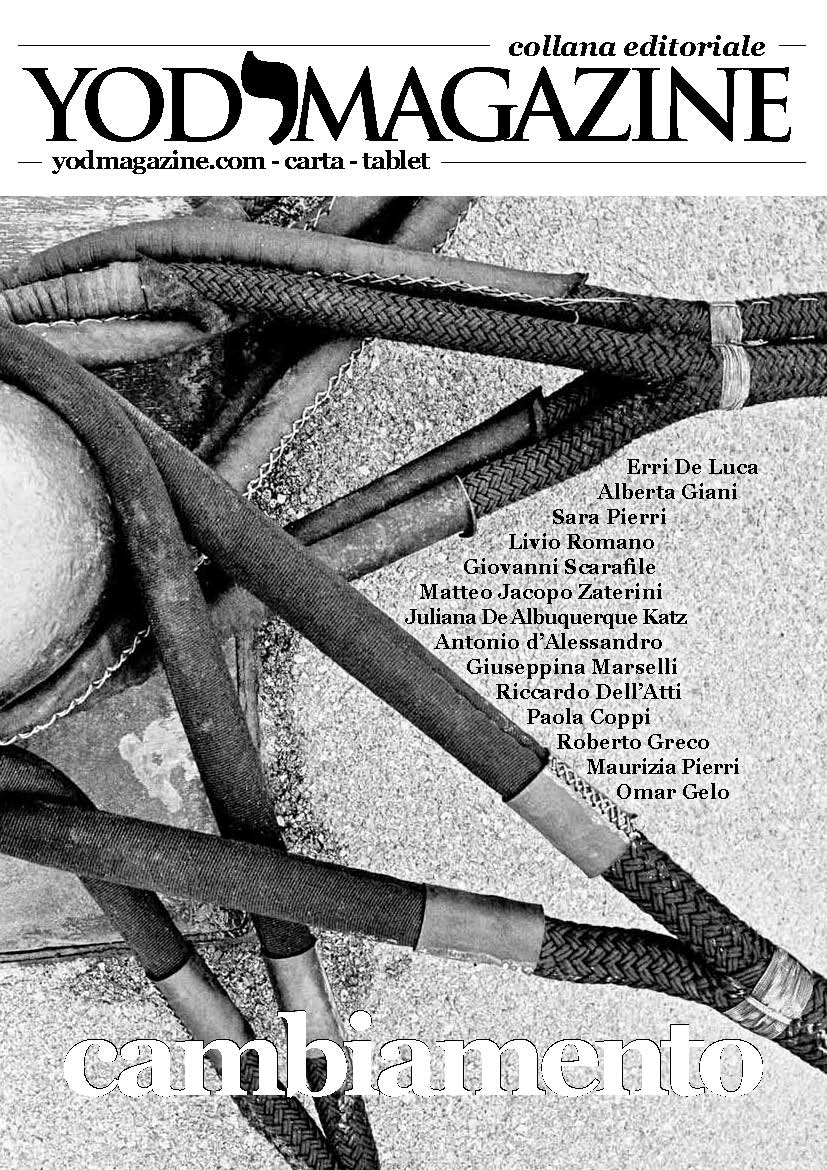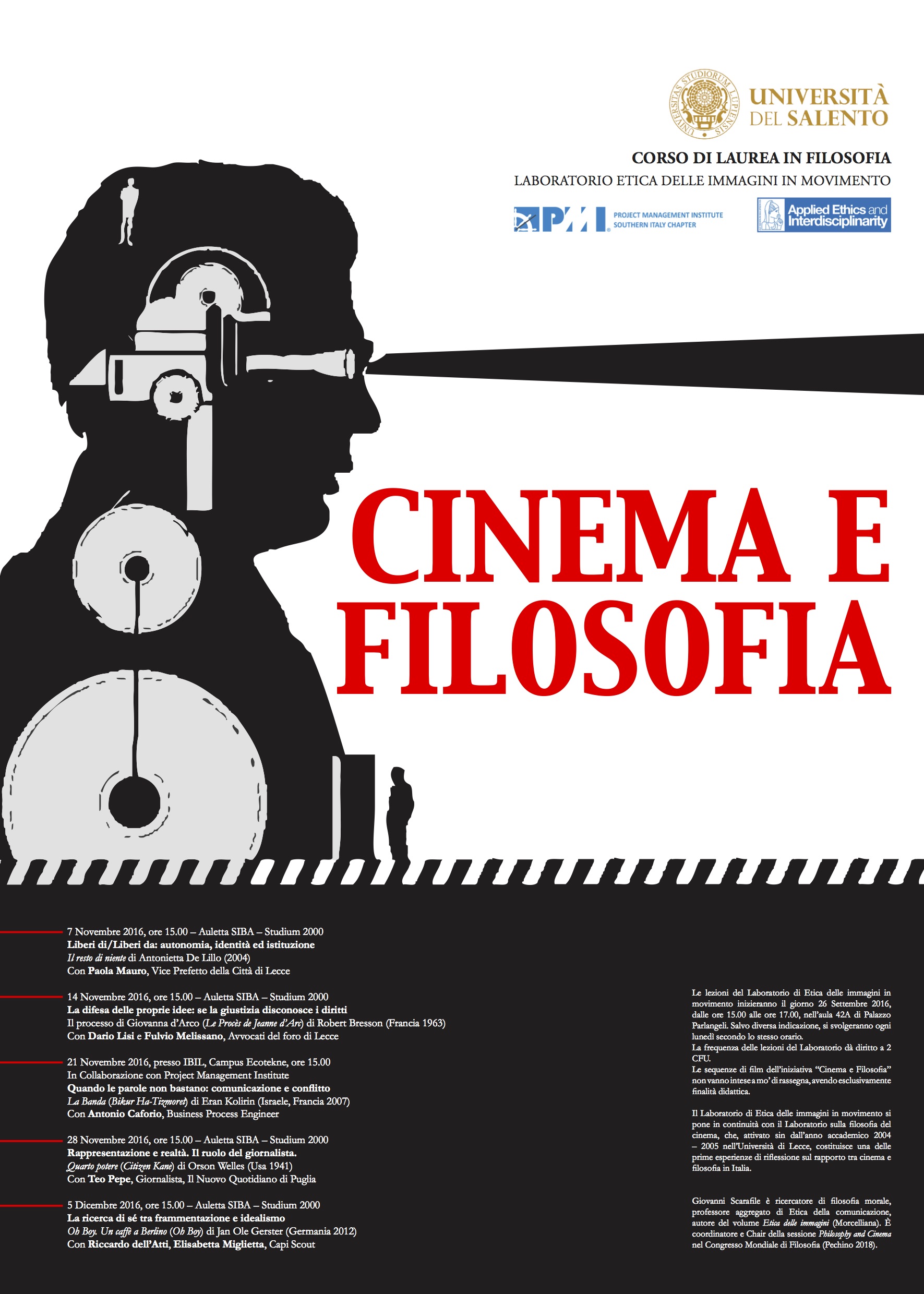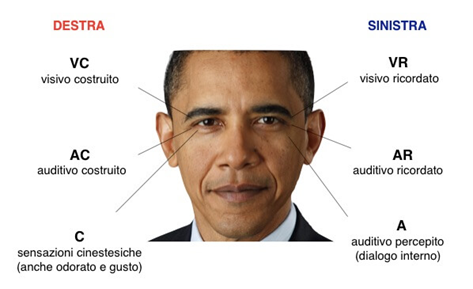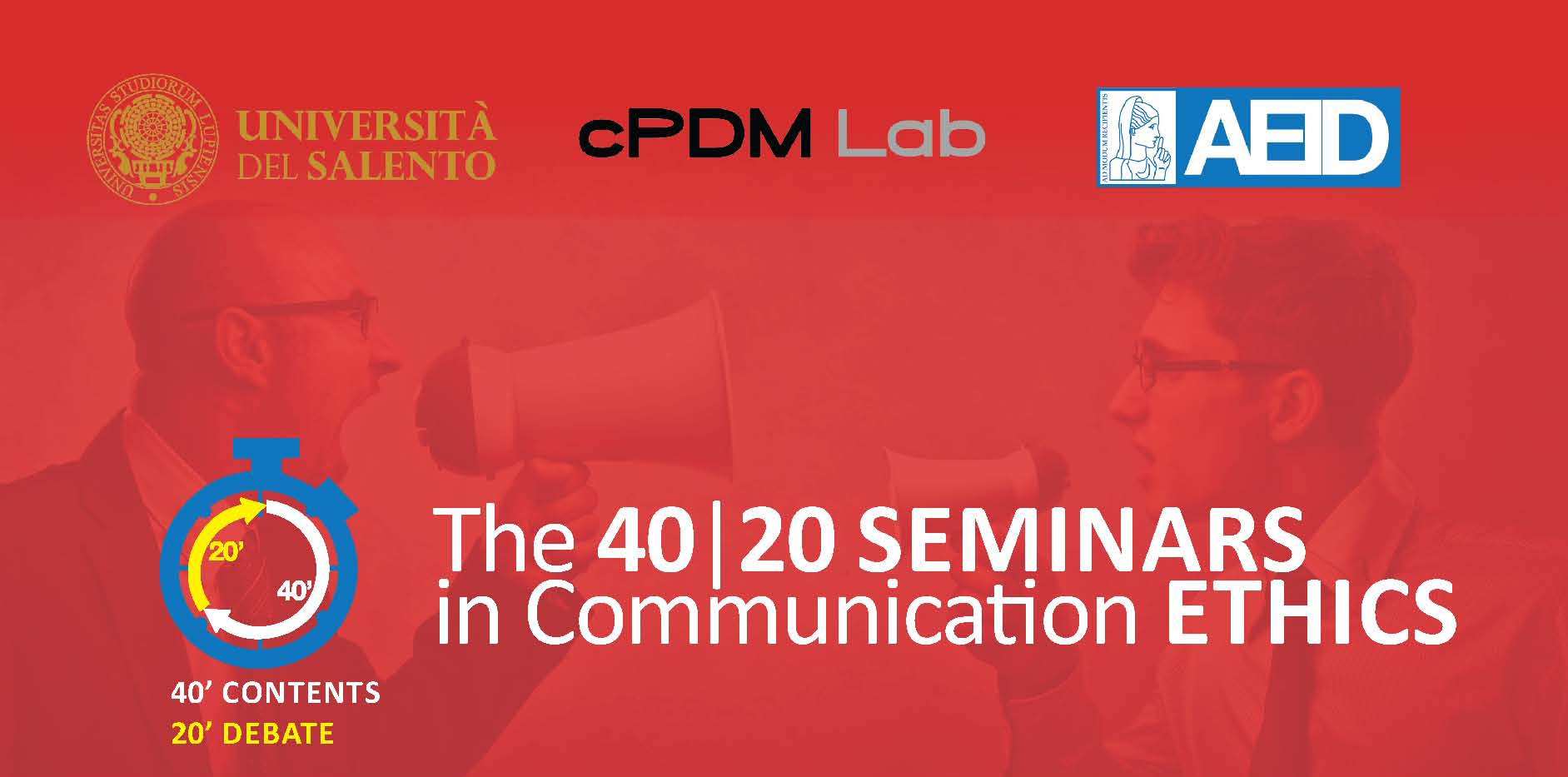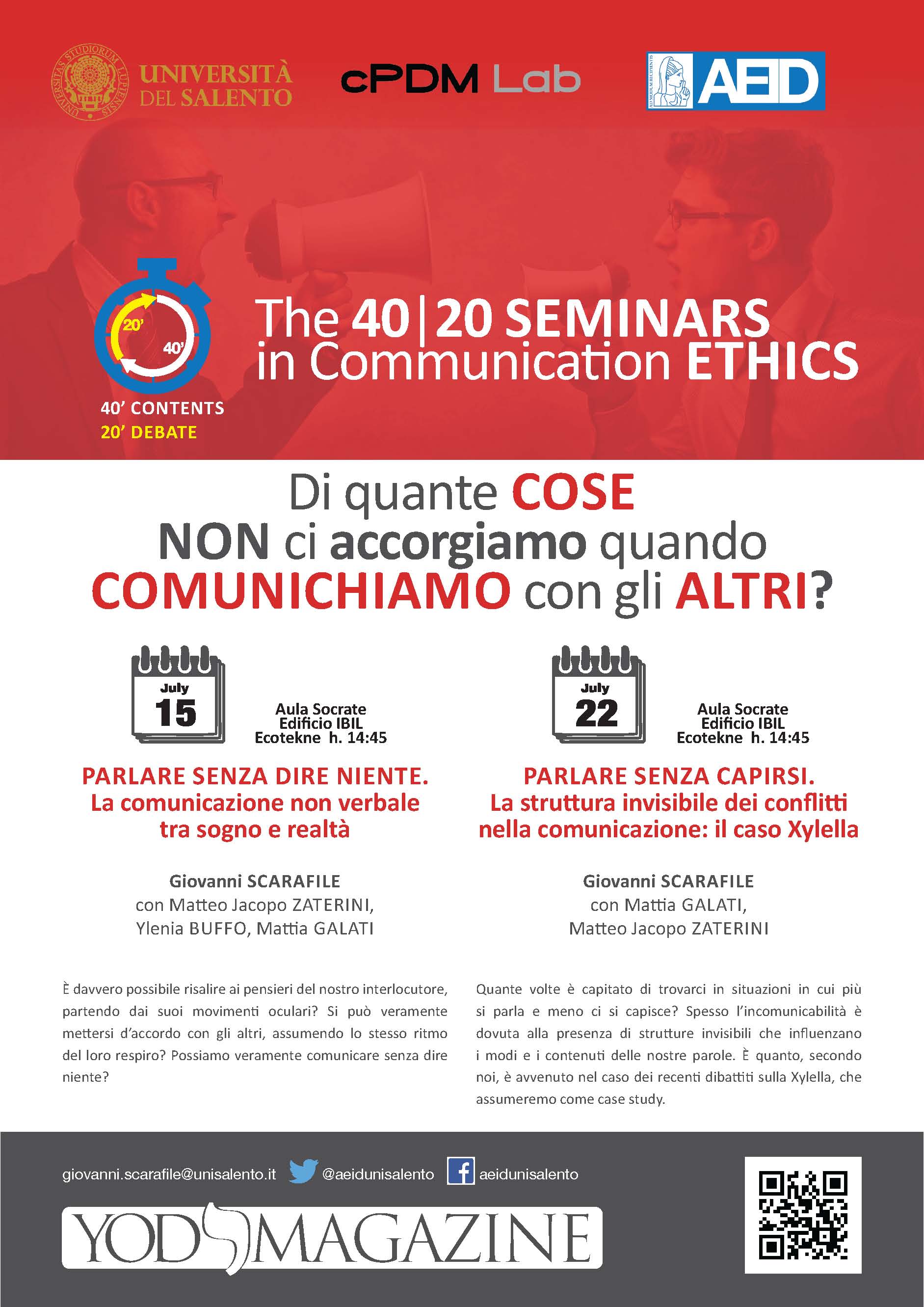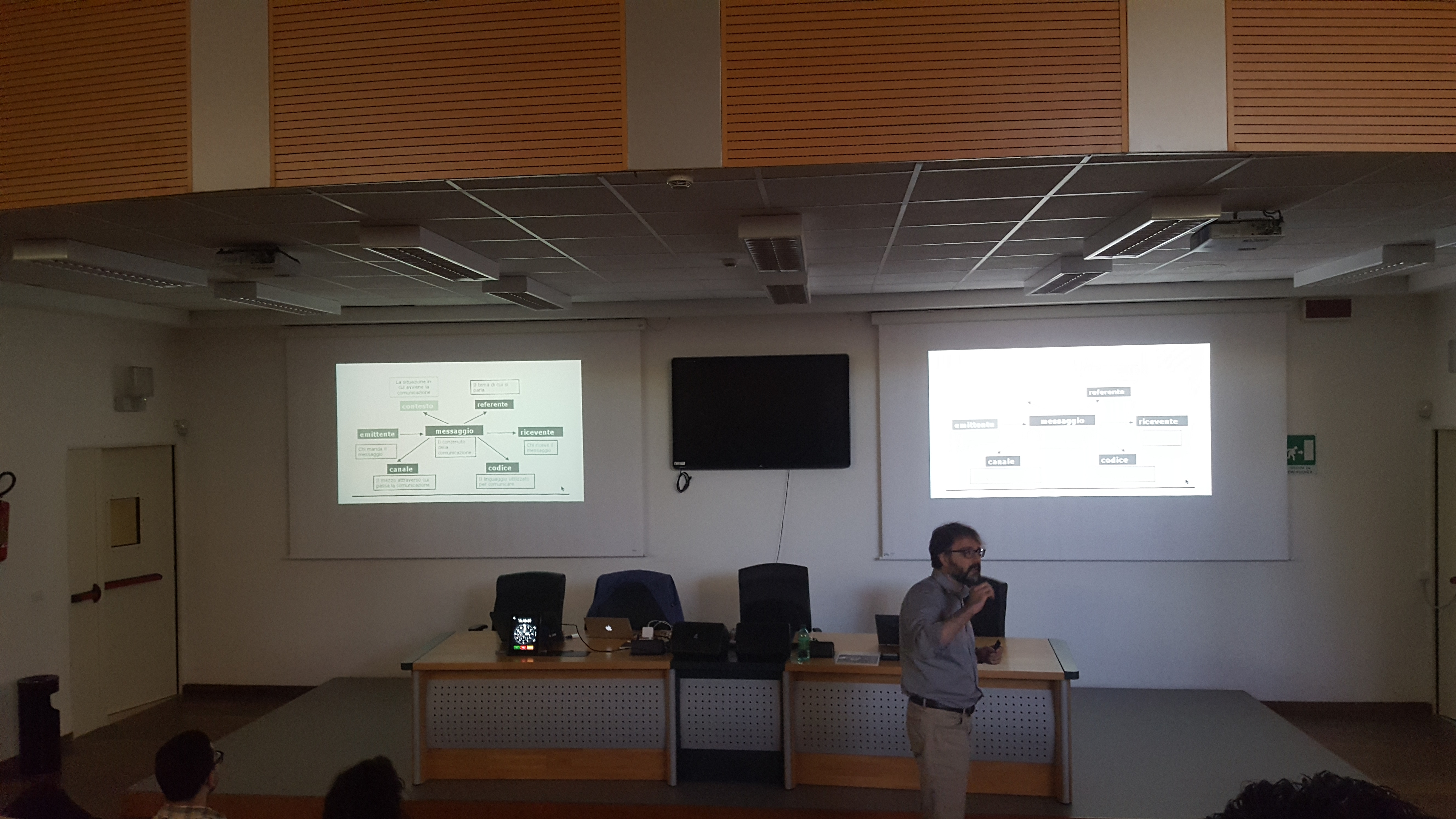Project Description
The lab AEID deals with the relationship between applied ethics and interdisciplinarity. The areas of interest are: the doctor-patient relationship, the ethics of communication, ethics of images, ethics of listening, the role of controversies in conflict resolution, and the relationship between ethics and pragmatics.
Nowadays the notion of interdisciplinarity is increasingly being used as a synonym for dialogue between disciplines. AEID deals with themed factors that repeatedly lead to the need for such a dialogue, with a strong appeal to ethics of communication.
We are convinced that a decisive factor for the advancement of science is constituted by communication.
In order for the “dialogue” between disciplines be an effective interdisciplinarity, and not a simple juxtaposition of concepts taken from different subject areas, one needs a new semantics of communication: even before communication is a strategy or a tool of expression of knowledge, it should be intended as an area where it is possible to welcome and listen to others.
The Roman god Angerona, chosen as a symbol of AEID, in the act of bringing her index finger to her lips in a request for attention and silence, indicates well the attitude of listening to others.
- Ethics of Communication;
- Doctor-patient communication;
- Ethics of Images;
- Ethics and Interdisciplinarity;
- Communication and Conflict;
- Ethics and Pragmatics.
- Consulting;
- Update Meetings for doctors and specialists in helping relationships;
- Scientific divulgation through the involvement of YOD MAGAZINE, book series and blog.
For more information please contact: Giovanni Scarafile (giovanni.scarafile@unipi.it)
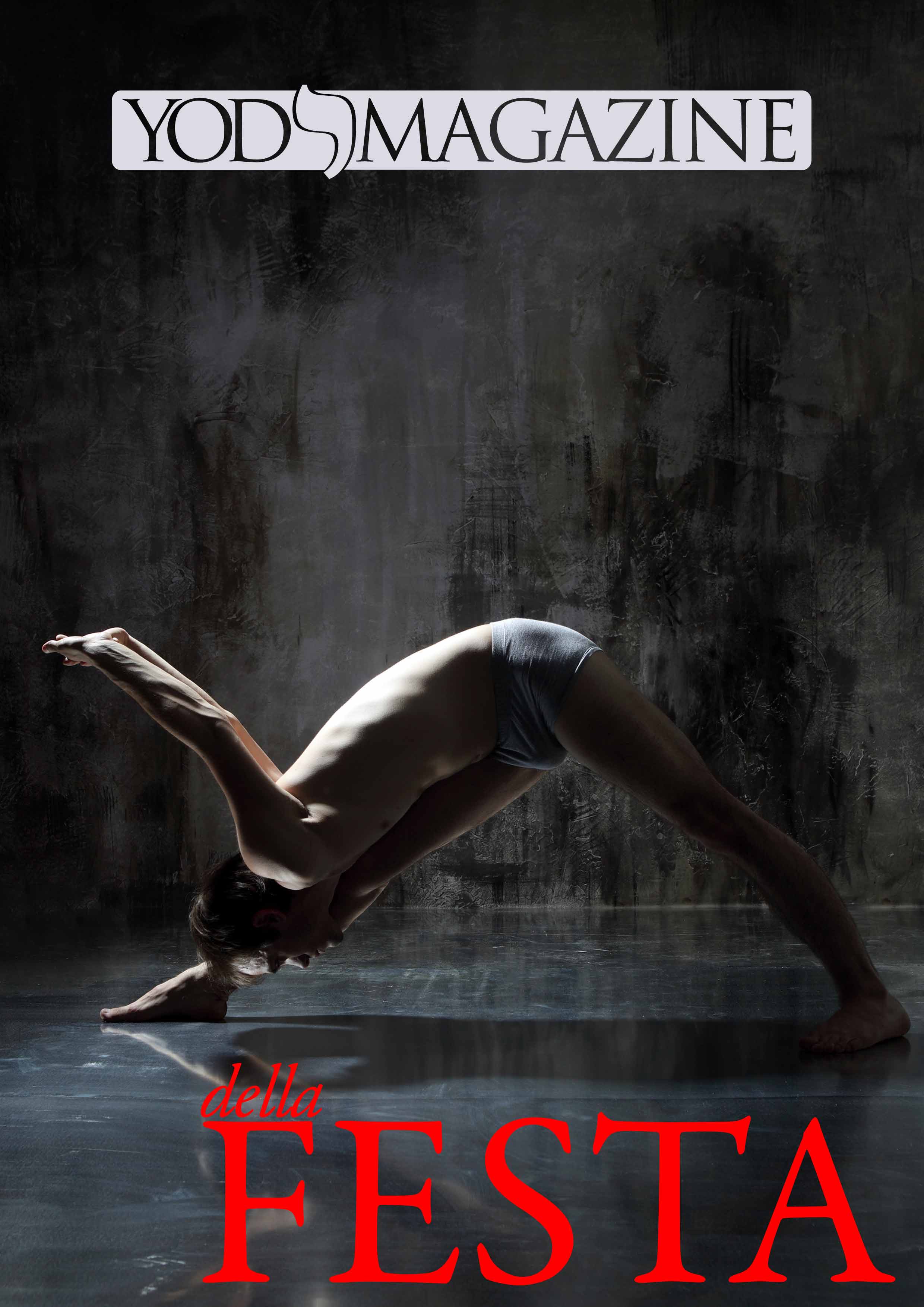
Video
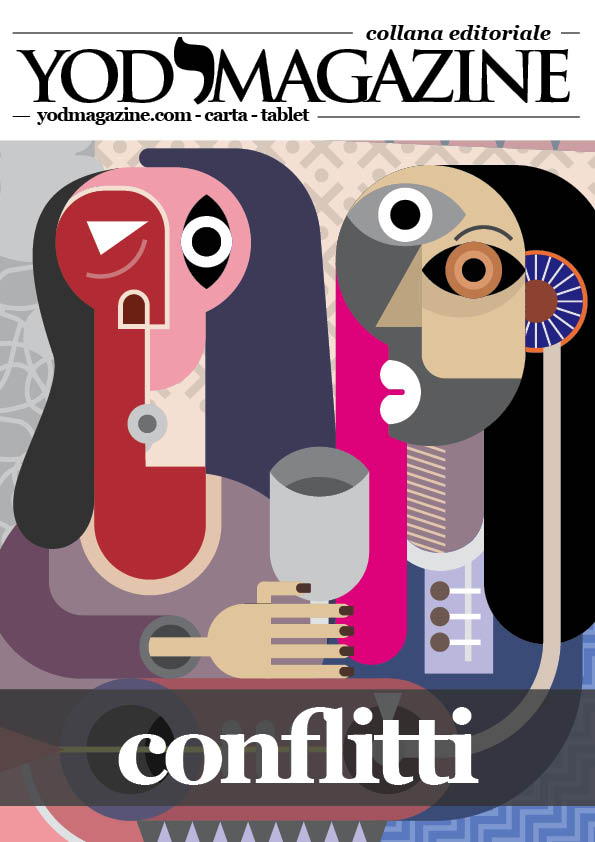
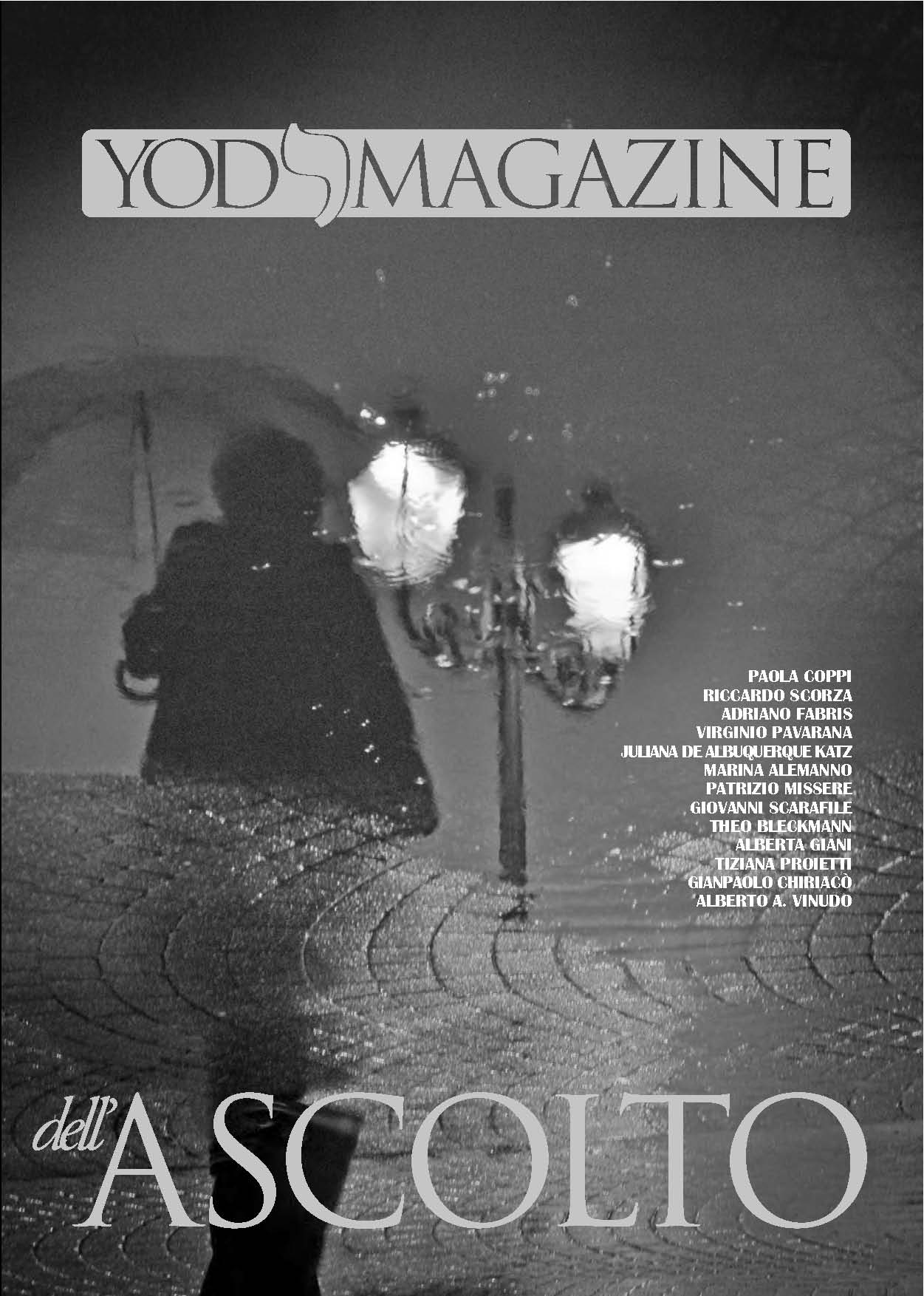
Scientific Publications
- Etica delle immagini, spectatorship e la questione ingenua dell’oggettività della rappresentazione In Teoria 2/2016
- Giovanni Scarafile (2014). In ascolto dell’altro: cenni per un rapporto tra etica e retorica. H-ERMES, vol. 2/2014, p. 101-112, ISSN: 2284-0753, doi: 10.1285/i22840753n2p101
- Scarafile (2011). The Pathic/Haptic Relationship in Philosophy of Cinema. The Case of Doubt (John Patrick Shanley, 2008). KAIROS, vol. 2/2011, p. 31-44, ISSN: 1647-659X
- Scarafile (2010). Argomentare, vedere, sentire. Sul rapporto tra patico e aptico nella filosofia del cinema. YOD, vol. 1-2/2010, p. 78-85
- SCARAFILE (2004). Guardare il mondo con occhi spalancati. Propedeutica per una fenomenologia del cinema. FILMCRONACHE, vol. 2/2004, p. 7-28
- SCARAFILE G (2003). Il singhiozzo del filosofo. Eloquenza del corpo e sentieri dell’essere. ITINERARI MEDIALI, ISSN: 1590-0789
- Representation, Objectivtiy and the Ethics of Communication in L. Gruenpeter Gold, G. Scarafile, Paradoxes of Conflicts, Springer 2016
- Giovanni Scarafile (2014). «Sob o mesmo céu». Listening and Dialogue as Ethics of Communication. In: Giovanni Scarafile Dana Riesenfeld (Ed.). Perspectives on Theory of Controversies and the Ethics of Communication. vol. 2, p. 1-17, DORDRECHT:Springer, ISBN: 9789400771307, doi: 10.1007/978-94-007-7131-4_1
- Scarafile (2012). Una carezza lieve. Note per un’etica dell’ascolto. In: G. Scarafile (a cura). YOD MAGAZINE. DELL’ASCOLTO. vol. 2/2012, p. 8-13, RALEIGH, N.C.:Lulu Enterprises Inc., ISBN: 9781291253511
- Scarafile (2011). «Non pas en parlant à la rigueur»: prototypes of Leibniz’s contrastive attitude in Chapter 27, book II, of the Nouveaux Essais sur l’entendement humain . In: H. Breger, J. Herbst, S. Erdner (Edd.). Natur und Subject. vol. 3, p. 1000-1008, Hannover:Gottfried-Wilhelm-Leibniz Gesellshaft, ISBN: 9783980816748
- SCARAFILE (2008). Il delirio del dire. note su ragion patica, linguaggio e deprivazione. In: Giovanni Scarafile, Oronzo Greco (a cura di). Sotto il segno di Babele. Prospettive della comunicazione e dialogo tra saperi. p. 169-189, LECCE:Pensa MultiMedia, ISBN: 9788882325985
- G. SCARAFILE (2008). L’ombra, il varco, la soglia. Anticipo del reale e confronto discriminatorio nelle relazioni interpersonali ed interculturali. In: AA.VV.. Identità e disgregazione. Frammenti del cinema contemporaneo. p. 29-52, ROMA:Ente dello Spettacolo, ISBN: 9788885095434
- Chair of the Session “Philosophy and Cinema”: Summer 2018, forthcoming. World Congress of Philosophy, Beijing.
- Speaker and President of the Organizing Commettee: Summer 2018, forthcoming. World Congress of Philosophy, Beijing, Controversies and the power of criticism in human actions, IASC Session
- Speaker and President of the Organizing Commetee: May 2017 (forthcoming), Lisbon, Conflicts and Interdisciplinarity, IASC Conference
- President of the Organizing Commetee and Speaker: 26-28 October, 2016 (forthcoming), Pisa, Science and Democracy, IASC Conference
- President of the Organizing Commettee and Speaker: 23-24 May, 2016. Budapest University Of Technology And Economics, Visual Argumentation and Normative Contexts.
- Speaker and President of the Organizing Commettee: 28-29 December 2015. Tel Aviv. Conflicts, Communication, Body, IASC Conference
- Speaker: October 21, 2015: Budapest, Budapest University Of Technology And Economics. Toward a pragmatics of Moving Images
- Speaker: June 15, 2015. Lisbon, CFCUL. Centro de Filosofia das Ciências da Universidade de Lisboa. Interdisciplinarity and the Ethics of Communication
- Speaker and President of the Organizing Comittee: 2-4 December 2014. Lecce. Paradoxes of Conflicts, IASC Conference
- Speaker: September 21, 2014. Lisbon, CFCUL. Centro de Filosofia das Ciências da Universidade de Lisboa. How an image works?
- Speaker and President of the Organizing Commettee: August 2013. Athens, Listening and Controversies. IASC Session in the World Congress of Philosophy,.
- Speaker: September 26 – October 1, 2011. Hanover. «Non pas en parlant à la rigueur»: prototypes of Leibniz’s contrastive attitude. IX Internationaler Leibniz-Kongress.
- Speaker: January 21, 2009. Tel Aviv. Leibniz: The Art of Controversies and Rationality
- Speaker: 30 May – 2 June 2005. Tel Aviv – Jerusalem. International Conference. What Kind of Rationalist?

